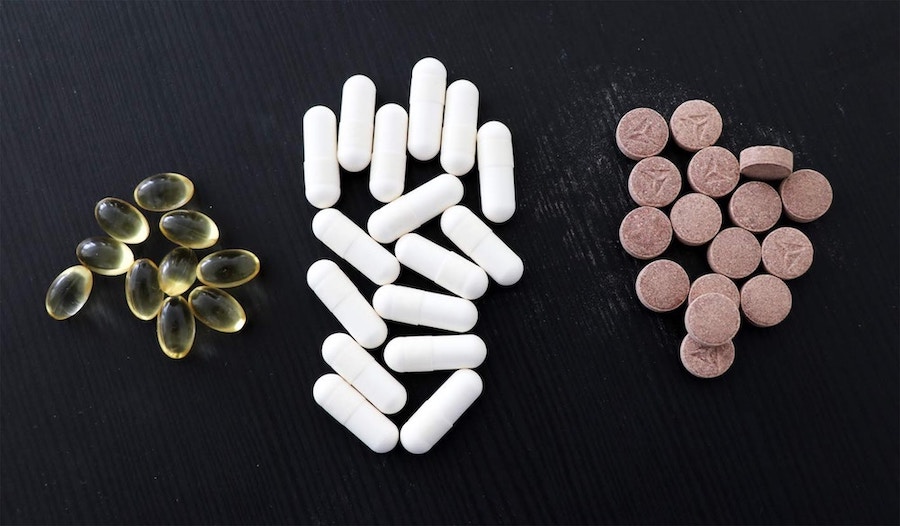Managing Your Bio Markers for a Long Healthy Life
Managing Bio Markers are a Major Key to a Long Healthy Life
The basic Bio Markers are great because:
- You can measure them
- They can be tracked over time for trends
- They are easy and non-intrusive
- Everybody has them
- Understanding them is easy
Although not the “only” thing you need to manage for long life, these basic 8 markers will tell the story of your health in a quick check:
- Blood pressure less than 110/70
- Heart rate (resting) less than 60 BPM
- Glucose less than 85 mg/dL
- A1c less than 5.0%
- Lipids
- HDL greater than 70 mg/dL
- LDL less than 50 mg/dL
- Triglycerides less than 50 mg/dL
- LP(a) less than 30 mg/dL
- Vitamin D greater than 50 (mg/ml)
- Thyroid balanced (T3 and T4)
This is NOT EASY for most people
- Almost everyone has one or a few markers they struggle with
- Some may require medication to control
- Genetics plays a big role, good and bad in markers
- Good genes can mask bad habits
- There is a wide range of exercise, diet, and medical help required to keep these in the optimum range
- Lipids
- HDL greater than 70 mg/dL
- LDL less than 50 mg/dL
- Triglycerides less than 50 mg/dL
- LP(a) less than 30 mg/dL
- Vitamin D greater than 50 (mg/ml)
- Thyroid balanced (T3 and T4)

Studies have shown that people under 120mm/hg die 27% less often than people over 140mm/hg.

A healthy low heart rate is a clear indicator of excellent physical conditioning.

Glucose levels measured about an hour after a meal can tell us how the body is controlling sugar. High blood sugar indicates either insulin resistance or low production in the pancreas. Keeping fasting blood glucose levels of <85mg/dL is just the start. Minimizing post-meal blood sugar surges is key to minimizing dangerous cell damage.

A1C is a measure of the glucose level in one’s bloodstream measured over several months. An A1c level of less than 5.0% means a 48% lower risk of diabetes and about the same lower risk of heart disease.

For Lipids, less bad LDL and more good HDL is the ticket to long life. A great balance means optimal protection against cardiovascular disease.

Vitamin D is vital to promoting good bone health, avoiding injuries, and reducing susceptibility to all major diseases, diabetes, cancer, heart attacks and strokes.

The Thyroid controls vital body functions. Heart rate, breathing, nervous systems, body weight, strength, menstrual cycles, cholesterol levels, and more depend on the Thyroid working properly.




